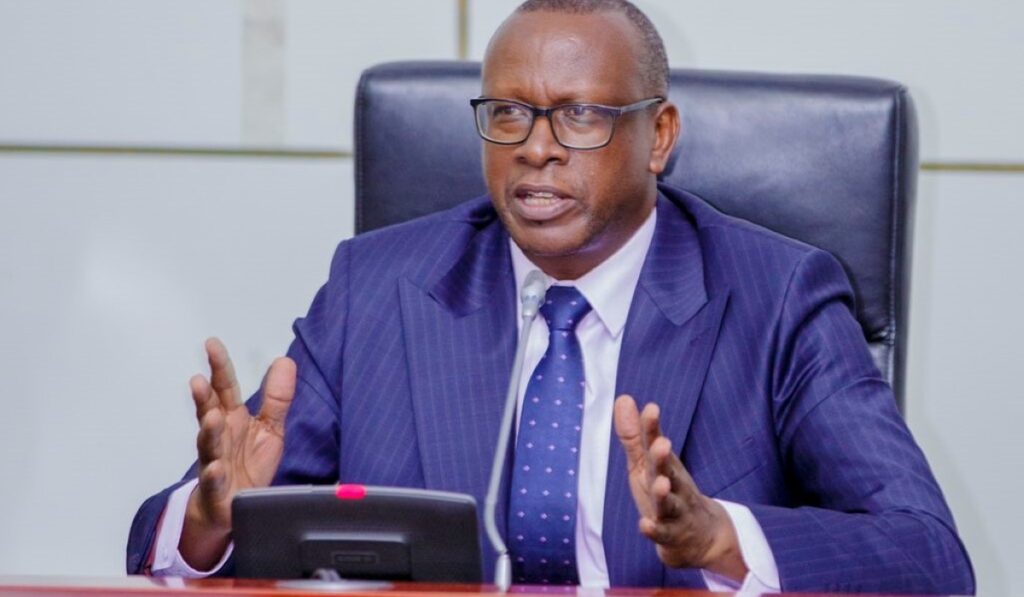The Minister of National Unity and Civic Engagement, Jean Damascene Bizimana, has emphasized the pivotal role of a professionally functioning media in bolstering unity and resilience among Rwandans.
Speaking at a consultative session organized by the Ministry of Unity and Civic Engagement (MINUBUMWE) on Friday, Bizimana underscored the significance of disseminating content that promotes cohesion and empowerment, particularly among the youth.
According to Bizimana, the government has dedicated the month of October since 2008 to reflect on Rwandans’ unity and reconciliation. He emphasized the addition of another crucial value – resilience, which stemmed from discussions with young individuals, revealing a lack of understanding about the essence of reconciliation, especially among those born after the 1994 Genocide against the Tutsi.
Bizimana pointed to the progress made in reconciliation, as indicated by the 2020 reconciliation barometer, which stood at an impressive 94.7 percent.
However, he also highlighted the prevalence of history-induced wounds and intergenerational trauma among Rwandan youth, underscoring the necessity of resilience to overcome the enduring effects of the country’s troubled past.
“The youth also suffer from history-based wounds, alongside increasing issues like drug abuse and alcoholism,” Bizimana remarked, emphasizing that 65.3 percent of the Rwandan population comprises individuals below the age of 30. “These signs indicate that the wounds still impede Rwandans’ rebuilding process, making it challenging for the youth to develop and contribute to their country,” he added.
He called for the media to play a critical role in countering those who aim to spread falsehoods and disrupt harmony, particularly through platforms like YouTube. Bizimana emphasized that responsible journalism should expose the truth, guide the nation towards progress, and steer clear of propagating destructive narratives that may hamper the country’s development and social cohesion.
Cleophas Barore, a journalist at Rwanda Broadcasting Agency (RBA) and Chairperson of the Rwanda Media Commission (RMC), emphasized that the media’s contribution to unity and resilience should consider the context of the society it serves. Barore stressed the need for responsible reporting on sensitive issues like the genocide against the Tutsi, emphasizing the importance of objectivity and conscientious reporting.
“Media must avoid being a conduit for spreading genocide ideology and hate speech disguised as expressions of democracy and freedom,” he emphasized.
Ignatienne Nyirarukundo, a member of Unity Club-Intwararumuri, echoed the sentiment, emphasizing the importance of the media in promoting unity while cautioning against the dissemination of messages that incite hatred and deny the tragic history of the Genocide against the Tutsi.
Source: The New Times


